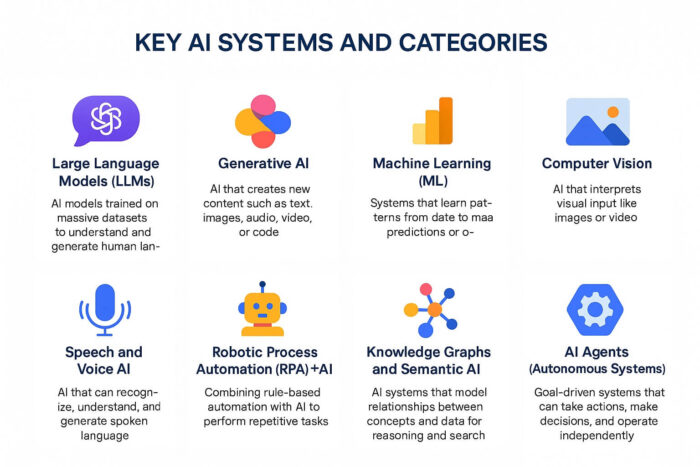HR/IR Impacts of the 2025 WA State Budget – 19 JUN 2025
A key win for the construction workforce, the government has allocated $47 million to make training courses free and subsidise the cost of recruiting apprentices and trainees. This will ease pressure on employers amid labour shortages and is likely to accelerate workforce entry in the building and infrastructure sectors.
In a bid to address persistent skills gaps, the budget includes new programs to attract skilled migrants from interstate and New Zealand. This investment recognises WA’s historically low unemployment and will enhance recruitment pipelines in construction, trades, and regional roles.
The education and health sectors are also budget beneficiaries. Families will receive additional schooling support via student assistance payments, and $669 million will be spent on school infrastructure.
Meanwhile, the $1.4 billion boost to health and mental health services includes funding to bolster emergency departments, signalling potential growth in public sector health employment and the need for strategic workforce planning in these services.
Support for public transport users, housing affordability, and economic infrastructure is likely to improve workforce mobility and regional attractiveness, indirectly benefiting talent acquisition and retention strategies.
AI in the Workforce: Short-Term Consequences and Emerging Realities
The impending AI transition, transformation or even revolution will have its first impact on People!
What should entrepreneurs, leaders, managers and organisations do to best prepare for this? We have partnered with various global AI thought leaders to think and plan for what lies ahead.
In times of great change, it is important to separate noise from signal and to know the difference.
Following is the first in a series of longer articles that may help you navigate and embrace AI.
The most widely implemented AI systems in today’s workforce are Generative AI and Large Language Models (LLMs), which are transforming professional and office-based roles at scale.
While public discourse often focuses on fears of mass automation, current trends reveal a more nuanced reality: task transformation, skill shifts, and workplace evolution. This will result in less people doing the work and having good HR systems, processes and support is critical.
Task Augmentation Over Job Elimination
The immediate impact of AI is not widespread job loss, but a redefinition of roles through the automation of repetitive, low-value tasks. AI is increasingly handling functions like email drafting, document summarisation, coding, customer query handling, and data entry.
- Productivity Gains: AI boosts efficiency, freeing workers to focus on higher-value, strategic, or creative tasks. Companies are reporting 15–20% efficiency improvements in areas like supply chain and operations.
- Role Redefinition: Jobs are evolving to emphasise critical thinking, complex problem-solving, and the ability to collaborate with AI systems.
Rising Demand for New Skills
The AI shift is driving rapid change in required workforce capabilities. There is growing demand for both technical and human-centric skills.
- AI-Adjacent Skills: These include prompt engineering, data literacy, and algorithmic reasoning. Roles like AI product managers, trainers, and ethics officers are emerging.
- Essential Human Skills: Soft skills—creativity, emotional intelligence, and ethical reasoning—are gaining value as they remain uniquely human and difficult to automate.
- Reskilling Pressure: Upskilling is a critical imperative for organisations, with HR departments investing heavily in learning and development. However, access to these opportunities is uneven, risking widening inequality.
Job Disruption, Polarisation, and Creation
Certain jobs—especially those reliant on repetitive tasks—are at risk of significant change.
- At-Risk Roles: Clerical work, basic administrative support, warehousing, and customer service are being reshaped by automation.
- Job Creation: At the same time, AI is generating new roles (e.g., AI maintenance, governance, and oversight). The World Economic Forum projects AI could create a net 12 million jobs globally by 2025.
- Polarisation: There’s a growing divide: demand is increasing for high-skill tech roles and non-automatable human services (e.g., caregiving), while many mid-skill roles decline.
Workplace Culture and Dynamics
AI is altering how work is experienced and delivered.
- Innovation and Engagement: By removing monotonous tasks, AI enables faster experimentation and increases job satisfaction for many workers.
- Human-AI Collaboration: Across sectors, employees are using AI as co-pilots—from doctors using diagnostic algorithms to marketers using generative content tools.
- Implementation Gap: Many employees are already using AI informally, ahead of company policy. This raises challenges around data security, compliance, and ethical usage.
Ethical, Industrial, and Policy Considerations
AI’s rise introduces pressing IR issues, especially around fairness, bias, and access.
- Bias and Governance: Without careful oversight, AI systems may replicate societal biases (e.g., in hiring), prompting legal or reputational risk.
- Industrial Relations Impact: As roles change, IR professionals will be crucial in navigating new workforce agreements, protections, and transition strategies.
- Policy & Union Response: Governments and unions are pushing for regulation and support, including AI Acts, upskilling incentives (e.g., Singapore’s SkillsFuture), and ethical frameworks.
Sectoral Impacts
- Healthcare: AI enhances diagnostics and admin but does not replace frontline caregiving.
- Finance: Fraud detection and automated trading are growing; some analytical roles may decline.
- Retail & E-Commerce: AI is driving personalisation and logistics automation, reshaping customer service roles.
Summary
As an HR consulting firm, we play a pivotal role in helping organisations navigate the workforce transition driven by AI and automation.
- We partner with leaders to assess role vulnerability, identify up-skilling needs, and redesign workforce strategies that balance innovation with inclusion.
- We advise on change management, ensuring AI adoption is ethical, transparent, and aligned with business goals. From reworking job architecture to facilitating employee engagement and wellbeing during change, we provide end-to-end support.
- By embedding future-focused workforce planning, we help organisations shift from reacting to AI disruption to proactively shaping their talent strategies for long-term resilience and growth.
- The goal is to empower people and organisations to thrive in a future of human-AI collaboration.





